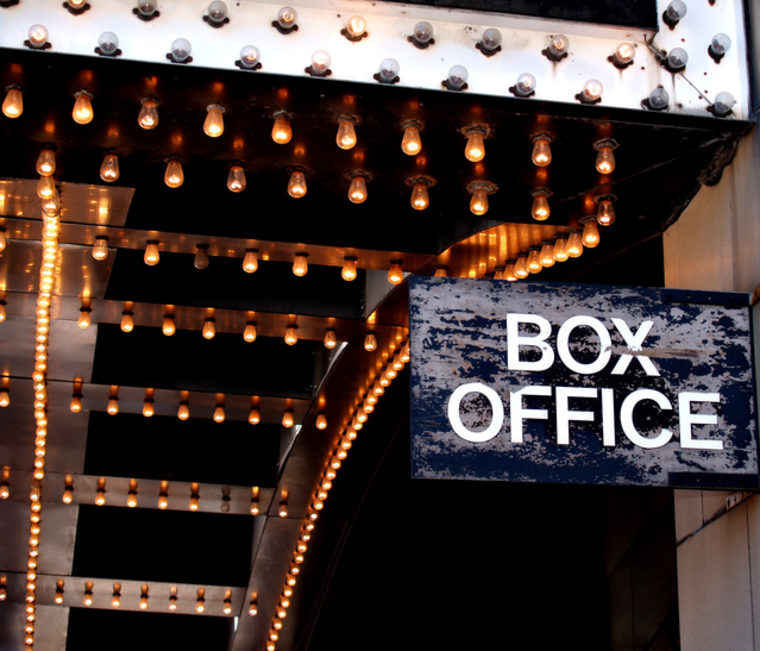Lesbian, gay, bisexual, transgender and queer characters were "nearly invisible" in the films released by the seven major studios over the summer," according to a new report released by LGBTQ media advocacy group GLAAD.
In an end-of-summer update to its annual Studio Responsibility Index, which gauges the presence and substance of LGBTQ characters in major studio films, the organization found that only two of the 25 films released between June 1 and Sept. 1 included fully developed LGBTQ characters.
“Representation matters,” Megan Townsend, director of entertainment research and analysis at GLAAD, told NBC News. “When LGBTQ people are left off screen, it sends the message that we don’t matter or that we don’t exist — both of which are dangerous. It’s also crucial for young LGBTQ people to see themselves reflected in the media.”
Related: Fashion Week's 'Largest LGBTQ Runway Show' Gets Political
The results of GLAAD’s fifth annual Studio Responsibility Index, which was released in May, included findings as sparse as its end-of-summer update. The report found only 23 of the 125 films released by the seven major U.S. studios during 2016 overtly portrayed LGBTQ characters. And in nearly half of those films, the characters were on screen for less than one minute. Only nine of the 23 LGBTQ characters, according to GLAAD, had fully developed personalities and were essential to the plot.
Townsend explained that the organization's most recent findings have been the general norm since GLAAD released its first Studio Responsibility Index in 2013.
“Even five years later, Hollywood is failing LGBTQ people and lagging far, far behind other forms of media like television and streaming content," she lamented.
Townsend also noted that the representations of queer identity that actually do make it on screen fail to promote inclusivity. She said LGBTQ characters are often characterized as male, white and cisgender (non-transgender), a depiction that she said fails to acknowledge the intersectionality and diversity of the community.
Townsend added that because mainstream studio films have such a global reach, it is doubly important that they accurately represent the LGBTQ community.
“When LGBTQ people are left off screen, it sends the message that we don’t matter or that we don’t exist — both of which are dangerous."
Black LGBTQ filmmaker Sekiya Dorsett said she actively uses her own work to accomplish this goal. She said her recent documentary film, “The Revival: Women and the Word,” humanizes queer women of color in a way many mainstream films fail to do.
“There hadn’t been a moment where queer women of color weren’t suffering but simply living on screen,” Dorsett said of major studio films. “Every part of my work moves to push the queer experience forward and show it from a new perspective."
Dorsett said while the LGBTQ community has made strides in terms of the legalization of same-sex marriage, there is still much more to be done in terms of reaching full equality. She said the media is a key component of making that a reality.
“A lot of our brothers and sisters are still struggling to reconcile their identity,” Dorsett said. “And in this new climate, we have to make sure that we never ever turn back. Telling our stories in the mainstream and being seen is one way."
